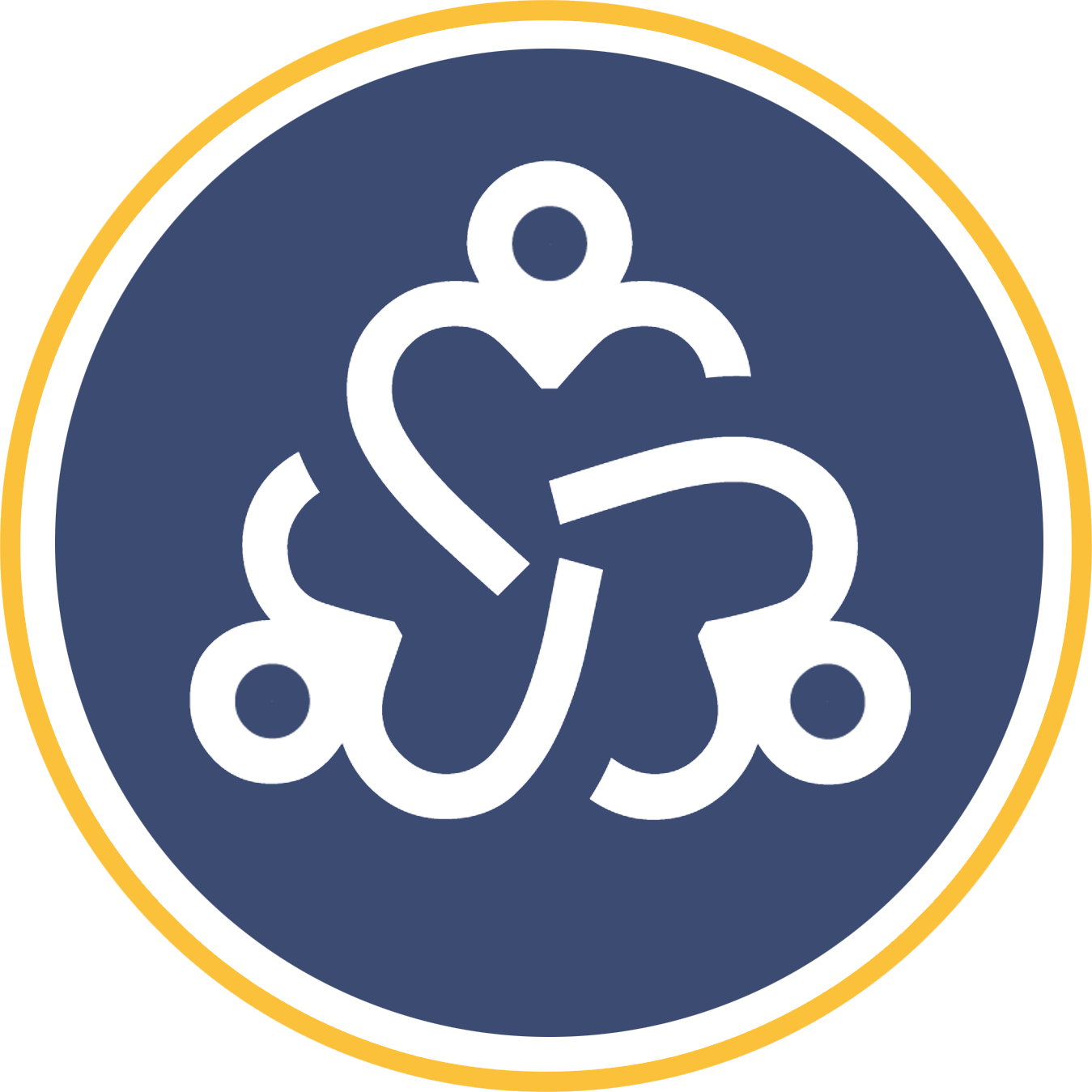-
What is the Mental Health Collaboration Hub?
The Mental Health Collaboration Hub is a secure online portal that connect youth and families who are in psychiatric or behavioral health “boarding situations” get connected to safe living and mental health treatment settings. It is intended to help those who are stuck in inappropriate settings, such as hospital units and emergency departments, while they awaiting care. It is not an alternative to traditional referral processes to a psychiatric unit, group home, or residential programs for those who are not boarding or not in crisis.
-
How does my organization register in the Hub?
Organizations can register on the homepage. The Hub administrator will then review and approve appropriate organizations (typically within 24-hours). Once approved, you will receive an automated email with login instructions and you can create an organizational profile and as many users as you need for your organization. This often includes social workers, nurses, case workers, and administrators. Click here for the Quick Start for Organizations. Some organizations may have multiple locations or various sites and services. We recommended those organizations setup separate profiles for each (click here for instructions).
-
Who can use the Hub?
The Hub is accessible to any health and human service organization in Minnesota that are regularly involved in boarding situations including hospitals, emergency departments, counties, shelters, residential programs, group homes, foster care agencies, and more. The most common boarding settings are hospitals and emergency departments. Users in any setting can use the Hub to connect with safe living and mental health treatment, as well as ancillary support services such as support groups, mental health case management, food assistance, and more. Click here for the Quick Start for Users. The Hub is not intended to replace traditional referral processes in non-boarding or non-crisis situations, or for outpatient mental health programs.
-
How does the Hub work?
Users submit de-identified case information into the Hub which connects them to providers across the state (we do not collect, name, DOB or any protected health information). The Hub matches the case to appropriate care providers based upon selected criteria that includes the recommended care setting, age, gender, diagnosis, and other medical needs. All users can view cases on a dashboard and collaborate on any of them to help those in need. The Metro Health Coalition facilitates weekly video calls that is open to all users to interact in real-time. Click here for the guide on Managing Cases.
-
What patient information is stored in the Hub?
There is no protected health information (PHI) stored in the Hub. We do not collect names, birth dates or any patient contact information. Each case is assigned a random ID number for reference that includes their biological gender and age. Clinical information is selected from drop down lists that include things like presenting factors, diagnosis, and other special needs. Only users who create cases can edit them.
-
What is the definition of “boarding”?
A boarding situation describes when an individual, often in a crisis situation, has been assessed and determined to require admission to treatment or transfer, but for whom there is no available safe placement.
-
What are examples of the treatment, placement or intervention recommendations?
Cases in the Hub represent some of the most complex boarding situations that are often exacerbated by the need for highly specialized services. The most common needs for youth boarding are group homes, residential treatment centers, therapeutic foster care, PRTFs and psychiatric hospitalization. In addition, many may require sub-specialty care for conditions like developmental disabilities, autism/ASD, psychosis, substance abuse and more. Click here for the guide on Setting Organization Preferences.
-
What are examples of ancillary support services?
While the pressing need is to help get kids out of boarding situations and into a more appropriate placement, the need for ancillary support services for the youth and caregivers while boarding, during transition, and after boarding are critical. These services include mental health case management, parent advocates, peer led support groups, crisis nursery, respite, school enrollment, food assistance, transportation, housing services, and more. Click here for the guide on Setting Ancillary Services.
-
Who manages the Hub?
The Hub is managed by the statewide Psychiatric Assistance Line (PAL) through a grant from the Minnesota Department of Health, and with administrative support from PrairieCare, the Metro Health Coalition, and AspireMN.
-
Who do I contact if I have questions about the Hub?
You can email us at admin@mnpsychconsulthub.com or by calling us at 855-431-6468. Calls are answered Monday through Friday from 8:00am to 6:00pm (excluding federal holidays).
 Mental Health Collaboration Hub
Mental Health Collaboration Hub